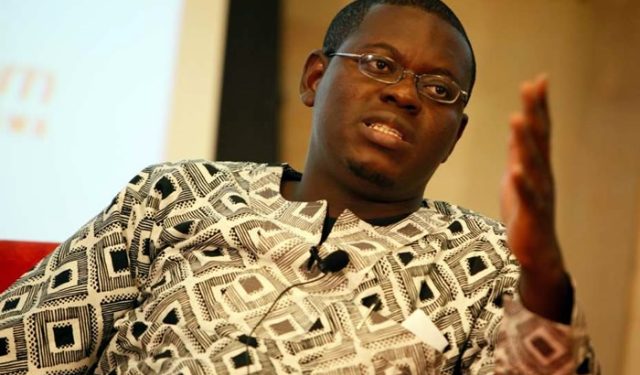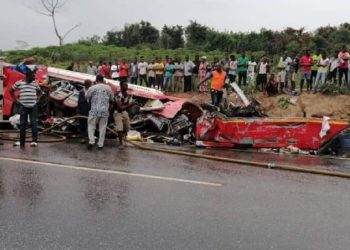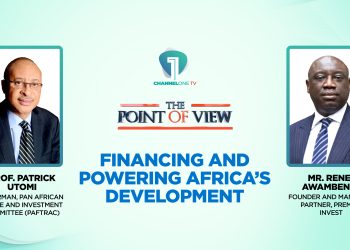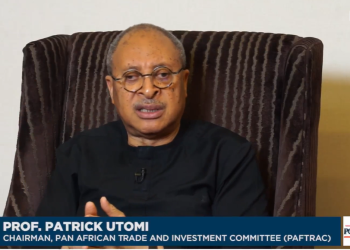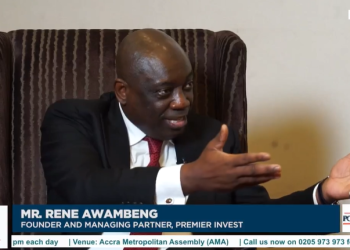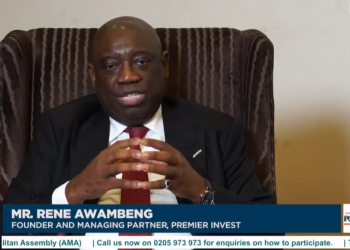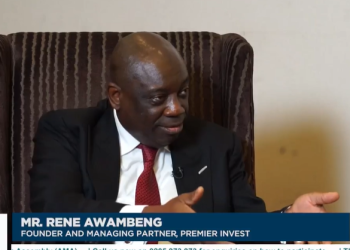As the world begins a new decade this year 2020, there have been discussions on how Africa can position itself to move from a developing continent to a developed one.
While speaking on Citi TV‘s current affairs programme, the Point of View on Monday, on the theme: “Vision 2030: Previewing the next decade,” President of Mpedigree and Vice President of IMANI, Bright Simons, believes that the next decade will be driven by thought leadership.
According to him, for Africa to experience a significant amount of growth, it must take into account the critical issue of thought leadership as it remains a pressing constraint for the further advancement of well-being on the continent.
He explained that thought leadership is also an important ingredient needed to ensure that Africa robustly addresses whatever constraints that limits its progress.
“We need a new kind of systemic leadership where they see systems and they don’t always have to be politicians. And this is where I have the biggest challenge. The room for engagement of other types of thought leaders is completely absent. So, what we have now is that unless you have political power, or economic power of the likes of Dangote, you don’t matter in Africa. And that actually to my mind, is the bane of the African situation right now. We don’t have any respect for thought leadership, so everybody has to go and make money or find power. The kind of thinking we need now requires a kind of thought movement,” he stated.
“To the extent that Africa doesn’t still respect its thought leaders, and doesn’t have any is a problem. They may exist in their own discrete locations but, there is no category for it so nobody makes an effort, to define what systems have to be met,” he added.
Invest in technical education
On his part, engineer, thought leader, Provost and President at Academic City College, Dr. Fred McBagonluri, called for a need to invest more in technical education as it is also an important change agent for the continent.
“Obviously from where I sit, I think we need technical education. I think we need to educate our people, their behavioural education, we also need. Because you cannot disseminate technology, when people are not even educated about it. So, if you start hearing the conversation about development engineering and everybody is talking about it, how do you go into areas, identify problems with the locals and co-create solutions with them. Because often if you bring external technologies to them they will not accept them. So, technology is not just the problem, it is also about education and how to bring the populace along on this journey. So, it is not just formal education,” he stated.
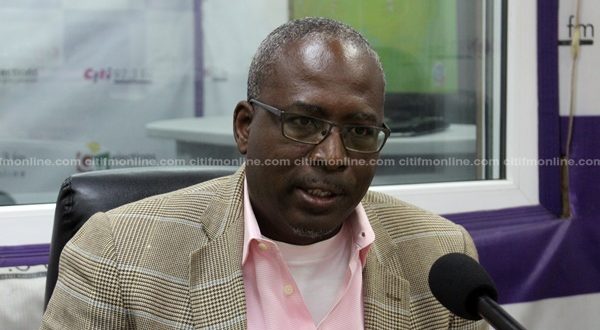
On the issue of leadership, he called for the need for more visionary leaders.
“I will not dwell too much on the leadership type because I have met a few old people who are technocentric. We just need good leaders. We need visionaries. Nkrumah wasn’t a kid when he built the Tema or Takoradi Harbour. He was an adult. It is about scoping up a vision and rallying the nation around this vision. I don’t think the age matters. Age may help but I don’t think it matters,” he added.






